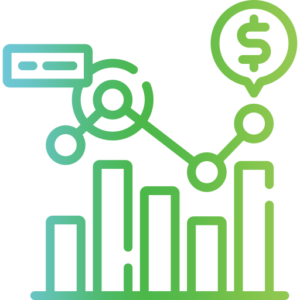Futures Product - Musang King Futures

Futures are a type of financial derivative that allows investors to buy or sell a certain asset (such as commodities, stocks, currencies, etc.) at a predetermined price on a specific date in the future.
The Principles of Futures
A futures contract is an agreement in which the buyer commits to purchase a specified quantity of an asset at a predetermined price on a future date, while the seller commits to sell the asset at the same price on the same date. Futures markets provide a way to hedge risks and price discovery because market participants can lock in the price of assets based on their future expectations.

Real-world Examples

Commodity Futures: Suppose you are the owner of a bakery and rely on wheat to make bread. You are concerned that wheat prices may rise, affecting your costs. To hedge this risk, you can purchase wheat futures contracts to buy wheat in the future at a fixed price. This way, if wheat prices increase, you can still buy wheat at the price specified in the contract, saving costs.
Financial Examples
Stock Index Futures: Let’s say you are a stock investor with a substantial portfolio of stocks. You are worried that the stock market may decline, impacting your investments. To mitigate the risk, you can short selling stock index futures, which means you commit to sell a stock index at a specific price on a future date, regardless of whether the market goes up or down. If the market falls, you can sell at the contract’s fixed price, offsetting investment losses.
A futures contract is an agreement in which the buyer commits to purchase a specified quantity of an asset at a predetermined price on a future date, while the seller commits to sell the asset at the same price on the same date. Futures markets provide a way to hedge risks and price discovery because market participants can lock in the price of assets based on their future expectations.
